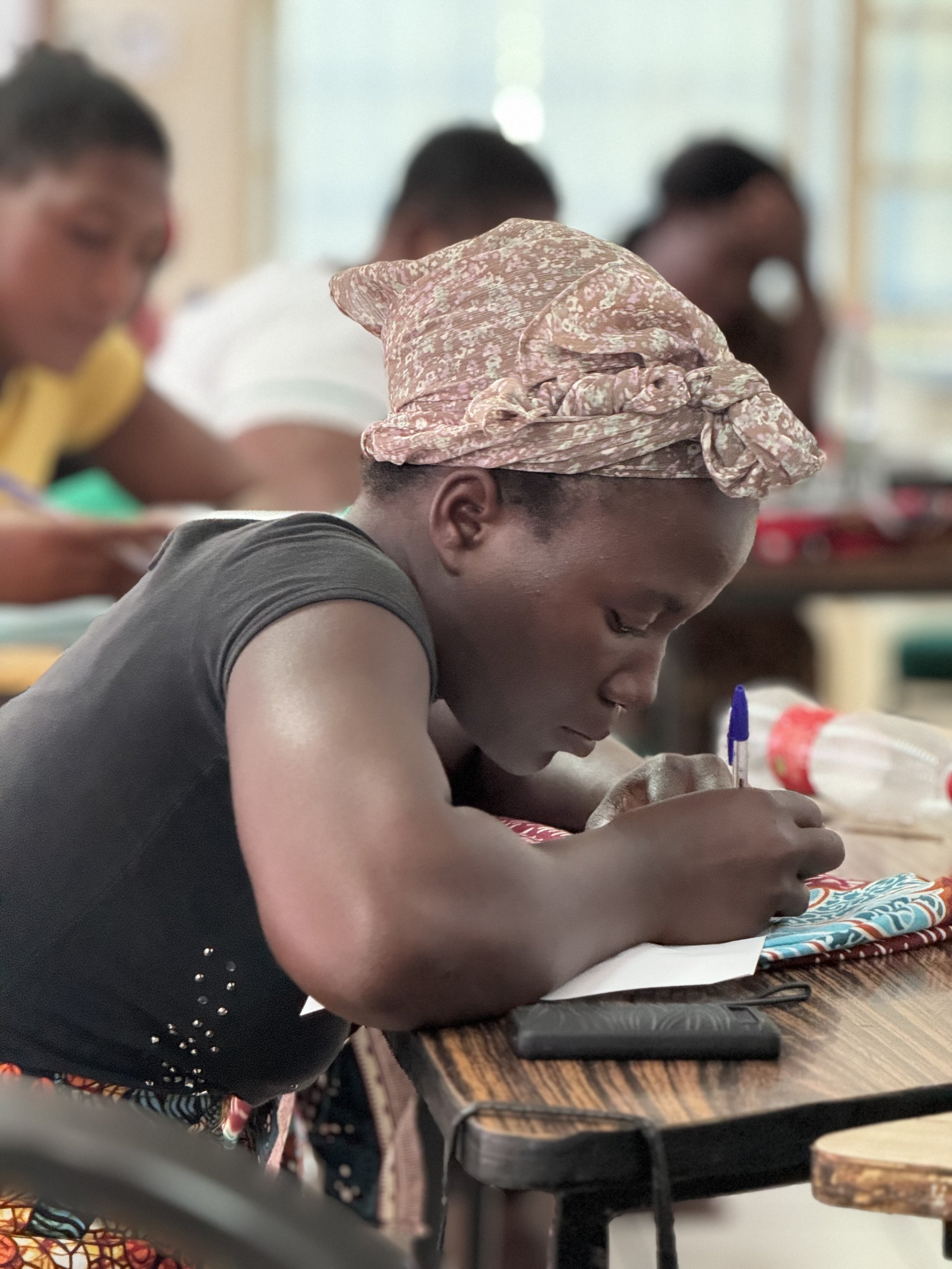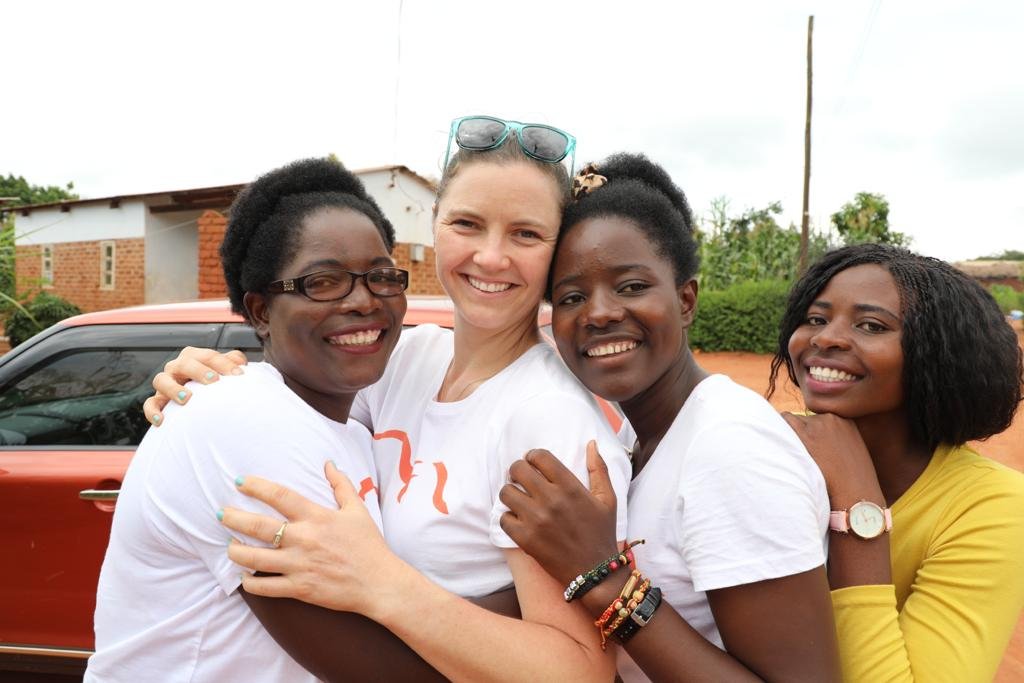About
At CARVE Africa, our mission is to close the gap in Menstrual Health and Hygiene (MHH) and Sexual and Reproductive Health and Rights (SRHR) education through a gender-inclusive approach. Our dedicated teams—comprising nurses, community members, and youth advocates—work to address the specific reproductive health needs of girls and women while empowering all genders to become champions for change.
A key focus of our work is providing menstrual cups, a sustainable solution that lasts up to 10 years, allowing girls to transition from secondary school through university and into their first job without needing to buy any period products. Alongside this, we offer continuous knowledge-based support to ensure that every individual feels empowered and informed about their menstrual health.
CARVE Africa was founded by a nurse and is driven by the belief that we are all advocates for one another. We continually upskill our team with the latest evidence-based practices, ensuring a public health approach that centers on individual care and community impact.
VISION
Through our work we aim to cultivate an enhanced MHH and SRHR knowledge base for a more informed and empowered decision-maker in Malawi.
Focus Areas
Menstrual Health and Hygiene (MHH)
Menstrual health is a state of complete physical, mental, and social well-being and not merely the absence of disease or infirmity, in relation to the menstrual cycle.
‘Terminology Action Group of the Global Menstrual Collective, 2021’
We are committed to create and disseminate MHH and SRHR education with the following characteristics:
Gender inclusive
Creating and involving community
Evidence Based
Sexual Reproductive Health Rights (SRHR)
SRHR are Human Rights. These rights start with accurate information to decide on the best decision for your body and you. It isn’t just about breaking barriers, it’ about enhancing voices, promoting choice, creating power with information and further magnifying what is already being done. Whether it’s contraception, family planning or accessing various services, these actions safeguard our bodily autonomy, child bearing choice and economic independence.
Baseline assessment
Youth driven health groups
Dismantling current dangerous behaviors

Why,
what’s the problem?
CHILD MARRIAGE
Each additional year a girl completes in secondary school reduces the likelihood of child marriage by 3.7 percentage points. Unfortunately, girls who leave school due to child marriage face limited earning opportunities and increased vulnerability to gender-based violence, with child marriage lowering women's expected earnings in adulthood by 1.4 to 15.6 percent, and ending child marriage could increase national earnings by 1.61 percent in Malawi (World Bank 2018).
With approximately 42 percent of girls married before the age of 18 and 9 percent below the age of 15, Malawi has one of the highest rates of child marriage in the world (University of Zurich et al. 2018)
Health Behaviors
Men are often seen as the gatekeepers to health-seeking behaviors limiting a girl or woman’s access to Integrated SRHR service.
Poor ability to manage Menstrual Health and Hygiene often leads to school dropout, early pregnancy, and child marriage.
EDUCATION
Studies show that more years spent in school result in improved health outcomes for women—and their communities. In fact, each additional year a girl stays in school is associated with a 10 percent increase in wages, increased life expectancy, and reduced fertility.
Gender Disparity
“Around the world, menstrual health and hygiene needs are being overlooked due to limited access to information, education, products and services, as well as inadequate facilities and inequalities” -World Bank 2024





